Date: 15 January 2013
Flat glass is the material that goes into a variety of end-products and primarily in windows and façades for buildings, windscreens and windows for automotive and transport as well as glass covers, connectors and mirrors for solar-energy equipments. Flat glass is also used for many other applications such as furniture, electronics, appliances, etc.
Glass for Europe has four members: AGC Glass Europe, NSG-Group, Saint-Gobain Glass and Sisecam-Trakya Cam and works in association with Guardian. Altogether, these five companies represent 90% of Europe’s flat glass production.
Glass for Europe firmly believes that state-of-the-art glass, such as Low-E insulating glass, Solar-Control glass and Solar-Energy glass can play a vital role in achieving the EU’s energy saving targets and promotes ambitious mechanisms to support the market uptake of energy-efficient glass technologies.
3. Which arguments (social, economic, legal, etc) do you wish to put forward in the context of the assessment of the reduced VAT rate for certain energy products?
Glass for Europe feels that the reduced VAT rates applied in some Member States to fossil fuel energy sources for domestic heating purposes contradict the EU objectives of improving energy efficiency, increase energy security and mitigate climate change. In most cases, these reduced VAT rates are de facto subsidizing the consumption of fossil fuel energies for domestic heating.
As such, these reduced VAT rates do not incentivize households to reduce their energy consumption but rather act as an economic barrier to the improvement of buildings’ energy performance. Indeed, reduced VAT rates contribute to reducing the real costs of fossil fuel energy and distort the cost-benefits ratio of energy performance improvements such as window refurbishing or thermal renovation of the building. In other words, artificially low energy costs reduce the potential return of investment associated with improvement of a building energy performance and act as a disincentive to energy efficiency.
Glass for Europe believes that the reduced VAT rates applied to fossil fuel energies used for domestic heating purposes should be removed and replaced with adequate policy measures. The latter should be part of the national strategies for mobilising investment in the renovation of the national stock of buildings required by Article 4 of Directive 2012/27/EU.
Nevertheless, Glass for Europe is aware that a removal of reduced energy rates for certain energy products may have detrimental effects for low-income households confronted with energy poverty. Therefore, Glass for Europe believes that the extra revenues generated by the end of these VAT reduced rates should be used in priority to renovate social housing with the view to improve energy performance and reduce the energy bills of low-income households.
Similarly, Member states applying reduced VAT rates to building’s energy performance improvement should also be encouraged to continue to do so in order to increase the energy efficiency of existing buildings and to reduce greenhouse gases emissions.
5. In your view, how can the reduced VAT rate for housing be best applied in order to take the resource efficiency element into account, and how should/can this be achieved with a minimum of increase in the administrative burden for businesses, in particular SME’s, providing supplies of goods and services in the housing sector?
Glass for Europe welcomes the Commission intention to link resource efficiency considerations to reduced VAT rates for housing. In Glass for Europe’s opinion, reduced VAT rates for the housing sector could be set up to promote resource efficiency:
- Reduced VAT rates should be allowed for energy-using (appliances) and energy-related products (building envelope elements such as windows), covered by an energy labelling when they obtain a class A or higher. Reduced VAT rates should apply both to the purchase of energy efficient products and their installation by professionals. Linking reduced VAT rates to energy labelling offers an easy and efficient way to improve resource efficiency (by way of minimising the use of fossil fuel resources) in the housing sector without increasing administrative burden for businesses.
- When construction waste and end-of-life building products emanating from building renovations or building demolition are properly dismantled and collected with the view to be effectively recycled, such work should have a reduced VAT rate. This would promote behavioural change in the construction sector and avoid the current situation where a lot of building waste are not segregated and simply sent to landfills. However, reduced VAT rates should only apply to product categories which are covered by a collect and recycling scheme in the Member States where the reduced rates is to be applied.
- Reduced VAT rates could also be applied to construction products which contain a minimum level of recycled content, when such a recycled content threshold for the said product is already set by way of other EU instruments such as the EU eco-label scheme or Green Public Procurement Criteria.

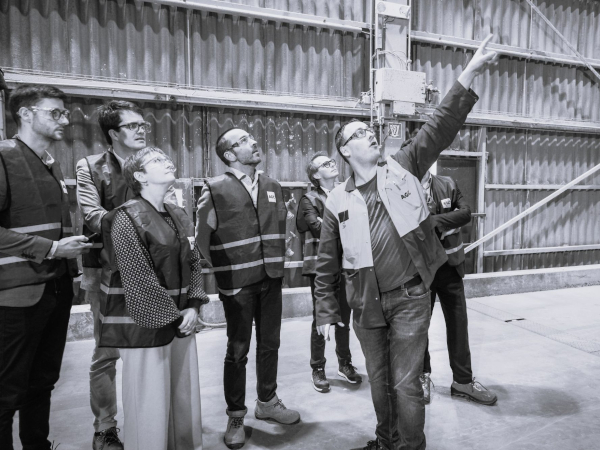
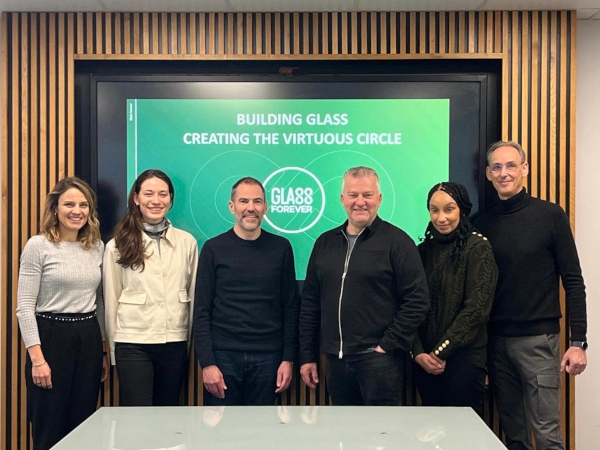
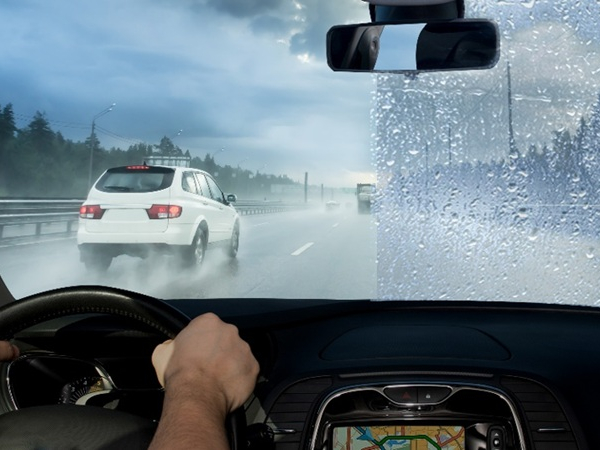
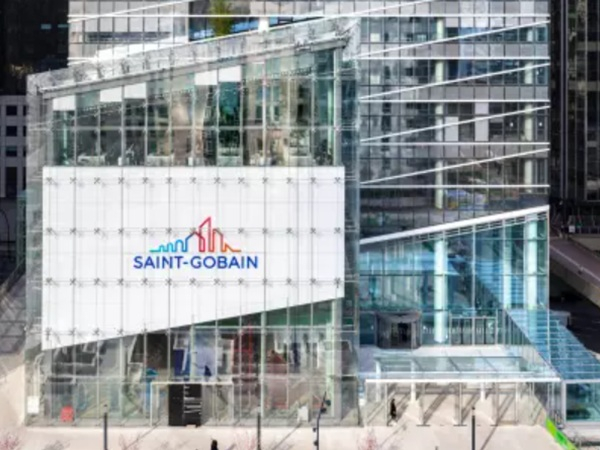
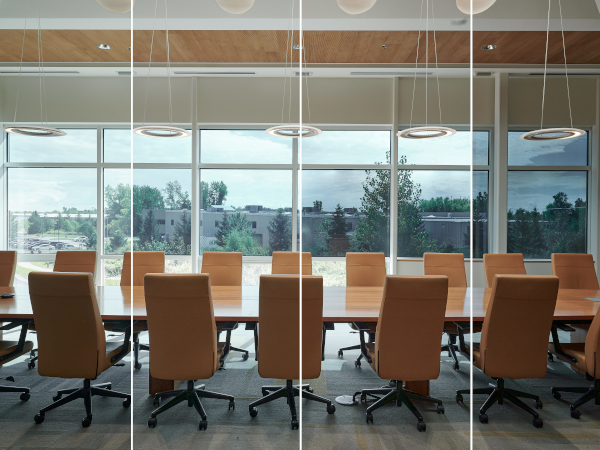
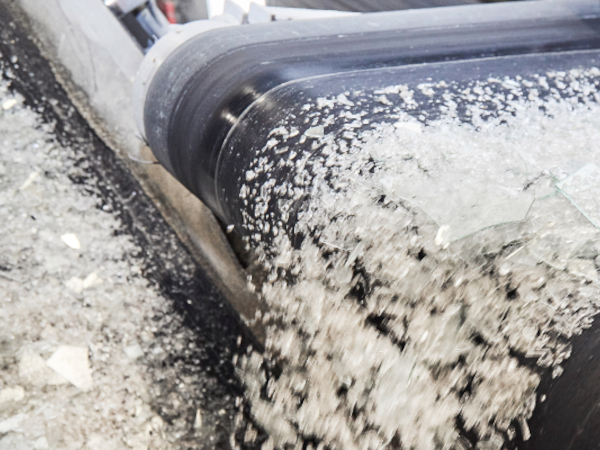

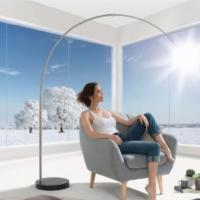



Add new comment